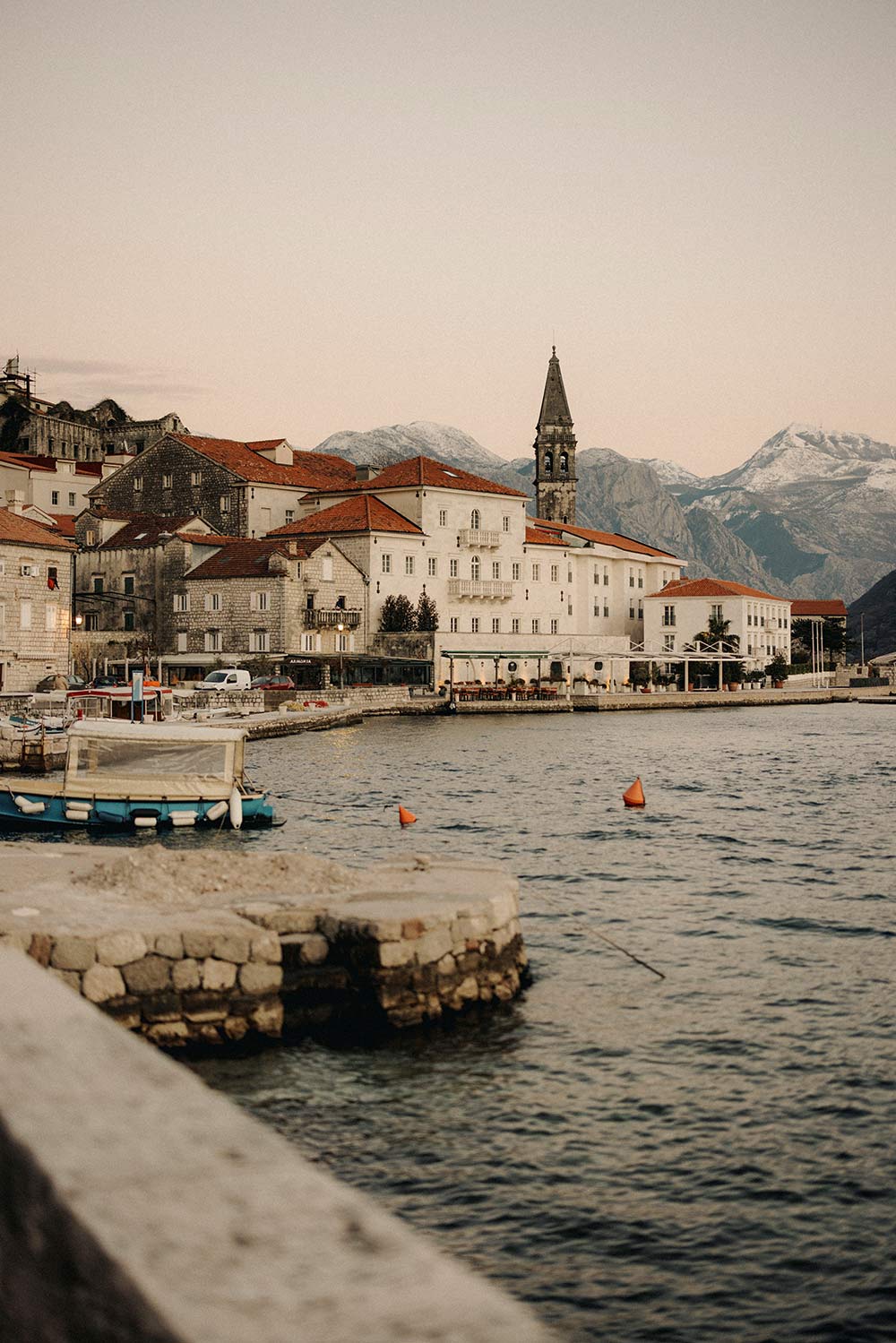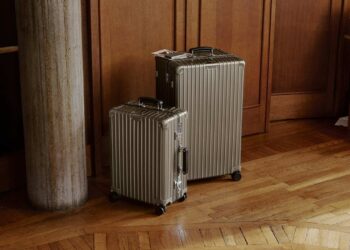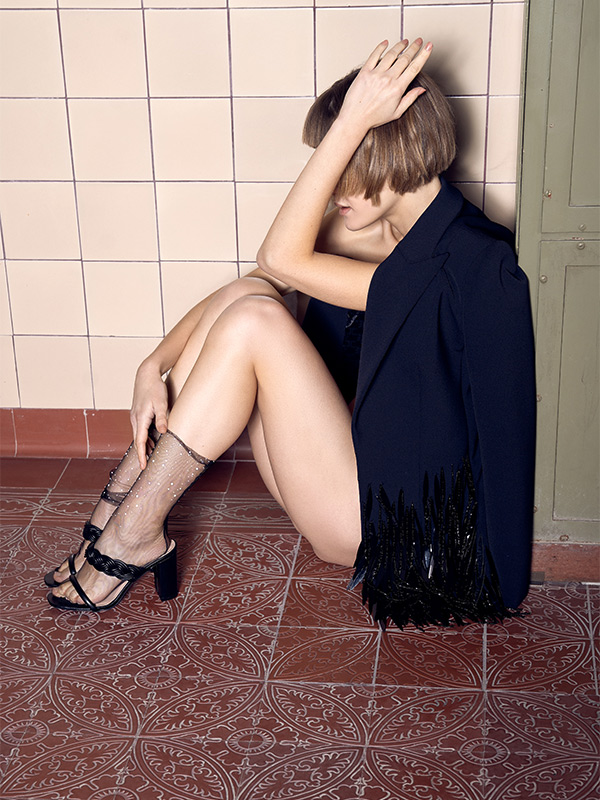First a fort, then a prison, now a design hotel: the story of Mamula Island reads like a fairy tale. This may also be due to the scenery, which seems like pure fantasy. Here, off the coast of Montenegro, hotel director Henning A. Schaub has found a pearl that is at least as fascinating as the legend of Atlantis and the legend of the singing mermaid.
Photos: Mark Anthony Fox
FACES: How did you get into the hotel industry?
Henning A. Schaub: While preparing for my A-levels, I started working part-time in an upmarket restaurant in my home town in Lower Saxony. This developed my passion as a host and for good food and drink. My study plan then gave way to the desire to train in the hotel industry. At first, this was an unusual idea in a family of academics. I can still hear my grandfather’s incomprehension – “And why exactly do you want to serve others?” – but I have never regretted this choice. I think you like being a host – or not.
F: How would you describe your hotel in one sentence?
HAS: Mamula Island is the extraordinary combination of a fort steeped in history, the breathtaking beauty of the surrounding nature and the amenities of an individual luxury hotel in the privacy of a small Adriatic island.
F: From the idea to the concept to the completed hotel: How long did it take you to get there?
HAS: This is difficult to measure in time alone… The idea of revitalizing the remote, almost completely derelict island and transforming it into a landmark of the Bay of Kotor as well as a hotel and meeting place has been a dream since 2009. The lease agreement for the island was signed in 2014. It is therefore a project with some lead time, into which a great deal of vision, passion and sweat has been poured. Now we were finally able to start operations in the soft opening in summer 2022 and run in the sometimes challenging logistical processes before we start the first full season in March 2023.
F: Why should we definitely stay with you?
HAS: I think there are few places – in the whole of Europe, if not the world – where a breathtaking natural backdrop, an architectural masterpiece and a holistic hotel concept come together on an island as they do on Mamula Island. It is perfect for a short break to relax, a nature-focused time-out for yoga or meditation, a family celebration or a concert – Mamula Island is an experience at any time of year and for any occasion.
“This community, neighborly help and presence of nature in Montenegro are a stark contrast to the urban environment in Berlin and London.”
F: What do hoteliers need to think about that others don’t?
HAS: Travelers and guests are spoiled, often well-traveled and know exactly what they can expect for their money. And that’s a good thing. However, I always bear in mind that it could be a guest traveling for a special occasion or perhaps just wanting to take a break once a year. Everything has to be just right. Exceeding expectations is something a good hotelier should do every day. In addition, I am always aware that my team and I represent more than just a company or a hotel. We act as representatives and ambassadors for an entire region, a foreign culture and its entire population. That is a great responsibility. These are impressions that travelers take home with them and that shape their memories of a destination.
F: What are you worrying too much about?
HAS: That’s probably true for many hoteliers, but in my case it’s definitely the weather! (laughs) When you are responsible for the well-being of your guests and employees on an island, this is simply inevitable. I am also a great advocate of punctuality. According to the cliché, this is perhaps my German virtue. But if something is not done efficiently or promptly, it really annoys me.
F: What are you like as a boss?
HAS: I strive to be accessible and approachable and to make a personal connection with every employee, regardless of their level of experience. their function or seniority. I don’t believe in strong hierarchies. Nevertheless, I act according to the motto “tough but fair”. I have found that empathy and a sympathetic ear often prevent problems.
F: What qualities does a good host need?
HAS: Of course it starts with strong social skills. In order to influence the well-being of guests, you first have to know how to read and understand moods, feelings and expectations. I often think in terms of “target groups”. That probably stuck with me from my communication studies. Understanding the guest and listening to them is the first step in offering them an experience or offer that they like. The qualities are not dissimilar to those of a good boss. I also find honesty and authenticity extremely important. Guests notice when you pretend and sell them something you don’t believe in. But that’s also something I have no interest in.
F: Which guests do you like best?
HAS: The most exciting thing about dealing with guests is meeting and talking to them. This can be very motivating and inspiring – for both sides. Of course, this also includes constructive feedback. For me, the dearest guests are those who enter into their stay with an open heart – and who are curious and allow themselves to be recommended something that is perhaps outside their comfort zone or knowledge. This moment of surprise often creates the greatest memories.
F: What do you dislike in guests?
HAS: That’s a difficult question. After all, it can be very satisfying to win over a critical guest during their stay, often creating long-lasting relationships and loyal regulars. But if I have to choose something, it’s of course “chronic complainers”; guests who simply can’t be pleased. Fortunately, this rarely happens.
F: What are your standards for your hotel, and how have your guests’ expectations changed in recent years?
HAS: The unique geographical position of our small island clearly plays into our hands here. Especially during and as a result of the Covid pandemic, the demand for “escapism” – in short: experiences in seclusion, full of authenticity and privacy, often close to nature – has risen sharply. With just 32 rooms and suites, we are a boutique hotel on our own island, which means we almost automatically meet this need. Our aim is to offer our guests on Mamula Island a varied hotel stay at a top international level with our three restaurants, our own beach, a holistic spa and a wide range of activities and cultural offerings. At the same time, it is important to us that the products, experiences and services are unmistakable and uncompromisingly Montenegrin down to the smallest detail. This ensures – even if guests do not leave the island during their stay and spend all their time in the hotel – that the local roots of our product can be experienced all around.
F: As a hotelier and host, you experience an exciting everyday life. What story do you have to tell us?
HAS: I did my training in an upscale but modest Hanseatic private hotel and then wanted to broaden my experience with one of the large international luxury chains in the USA. In my first week there, I welcomed 450 guests at a “rehearsal dinner” for what I thought was a very large wedding at the time. The evening was themed “1,001 Nights” and took place in a huge canopy tent on the beach; my uniform was temporarily replaced by that of an Aladdin, as a young North German I was stationed between the fakirs, cobras and six(!) camels. It was a complete sensory overload, I only knew the concept of a “rehearsal dinner” from television. But this was only the evening before the actual wedding! I felt like a country bumpkin being released into the big, wide world for the first time. Over time, I quickly gained experience in such or similar superlative events, but this evening has remained a special memory for me.
“Exceeding expectations is something a good hotelier should do every day.”
F: What do you think of Airbnb?
HAS: It can be an exciting way to get to know the country and its people and discover a destination on your own and through the eyes of a local. On the other hand, I find it morally difficult if this blocks living space in many cities and families, students or young professionals in many places find it almost impossible to find apartments at affordable rents. There definitely needs to be a better political solution. And for me personally, a hotel stay is always something special. I like the attention and service that I only get at the hotel. I also love an extensive hotel breakfast.
F: What do you look out for when you stay out yourself?
HAS: That usually depends on the reason for my trip. Of course, I am always interested and curious to experience attractive hotel concepts and new openings, but also long-established icons of the hotel industry. The location of the hotel often plays a role and, of course, the price/performance ratio. But what always stays with you are the people. If the service, attention and attention to detail are right, I am quickly won over as a loyal regular guest and ambassador.
F: What is the best hotel in the world (other than your own) that you yourself have stayed in?
HAS: That’s really difficult to answer because it’s a very personal perception. Fortunately, the list of hotels that I really appreciate is long. Sometimes a few factors come together to make a hotel stay perfect. The right company. Or the perfect weather. I would therefore name two (very contrasting) favorite hotels here: The Wiesergut in Saalbach-Hinterglemm is a family-run gem where everything is just right for me. I know of few hotels that are so uncompromisingly local and therefore simply concentrate 100 percent on what they do best. I find that incredibly luxurious. If I were to go a little more exotic, I would stay at the Phum Baitang in Siem Reap, Cambodia again any time. The hotel complex is located in a rice field not far from the historical sites of Angkor Wat, and I was very impressed by the level of service and commitment of the staff here.
F: Which hotel would you like to own yourself?
HAS: I haven’t thought about that yet. Perhaps a small hotel by the sea or in the mountains, surrounded by nature? I could imagine that happening more and more.
F: Where is your own bed?
HAS: Not far from Mamula Island, of course. I have packed up my tents in Germany for the time being and now live in a small stone house, which originally belonged to an old olive mill, on the Lustica peninsula. This separates the Adriatic Sea from the Bay of Kotor and provides a very exciting scenic backdrop between bays, crystal-clear water and steep mountain slopes. There are three families living in my village who quickly got me involved and informed me about local customs and traditions, the language and typical recipes. One neighbor bakes my bread, the other shares homemade cheese and fresh eggs, the third helps out with firewood. This community, neighborly help and presence of nature are a stark contrast to the urban environment in Berlin and London that I experienced in previous years.
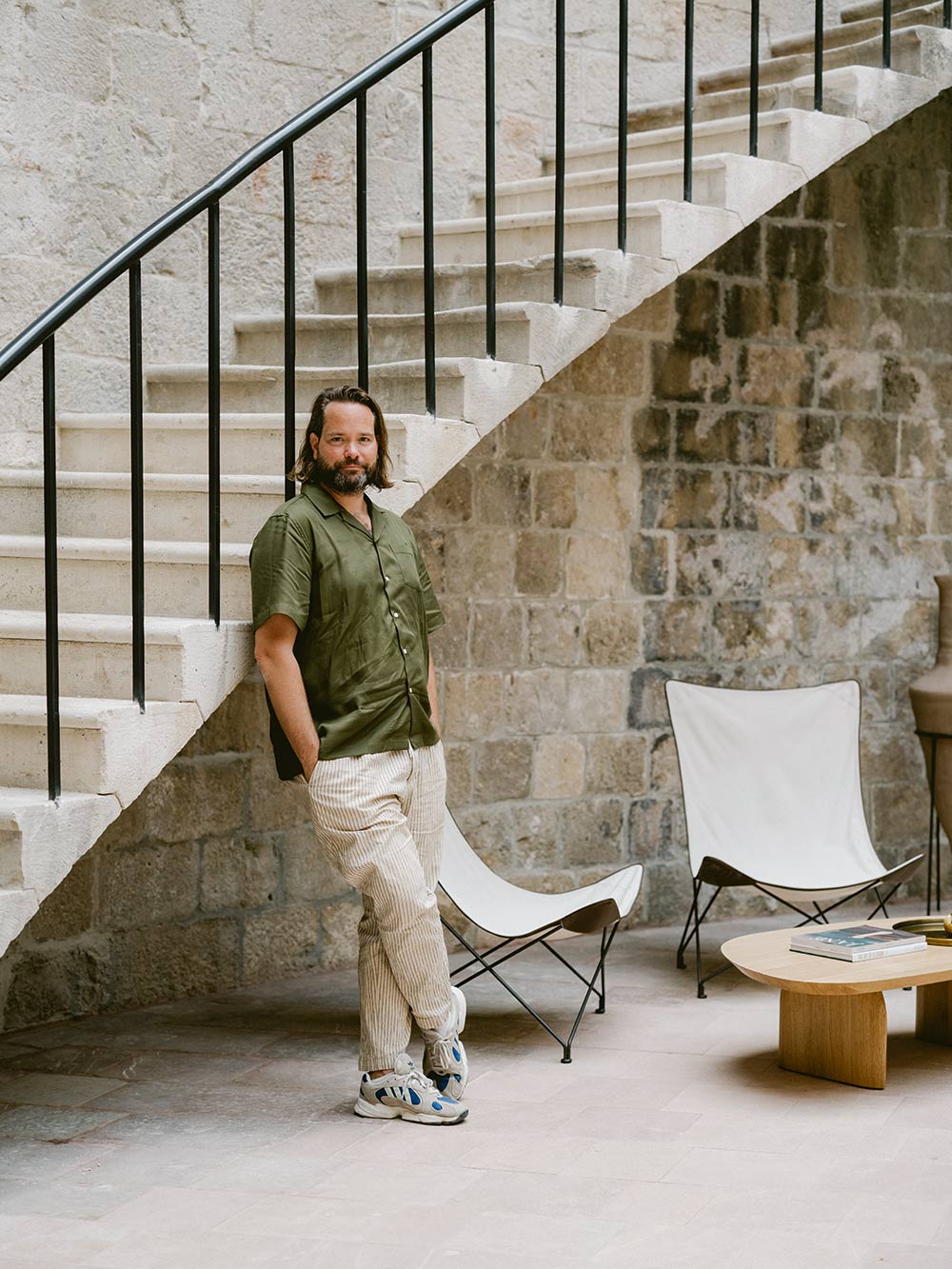
This is what Henning A. Schaub from…
cruise ships:
From an operational point of view: logistical masterpieces!
Buffet meal:
I don’t like queuing. And I think it’s wasteful. I don’t like it at all.
All-inclusive:
Doesn’t work for me personally. From my own experience, the things I would like are always NOT included. I don’t understand the appeal of being immoderate.
Tip:
A matter of course.
Dogs in the restaurant and hotel:
Why not? If they are well behaved…
Children in the restaurant and hotel:
Why not? If they are well behaved… (laughs) After all, it’s about introducing and educating our future guests.
entertainers:
Unnecessary.
Dress codes:
Restrictive. I prefer freedom of choice and diversity.
TripAdvisor:
Unfiltered information. For me personally and my decision to visit a restaurant or book a hotel, this is completely irrelevant. I prefer personal recommendations.
OTAs:
A good way to get a quick overview and – especially for small hotels – great visibility. However, this comes at a very high price for the hotelier.
Sustainability:
An absolute obligation in this day and age. Without compromise.
Influencers:
Helpful for reaching new target groups. Difficult to quantify.
Shortage of skilled workers:
Bitter reality. I would like to see and develop more creative solutions.
Stars:
Outdated, traditional orientation feature.
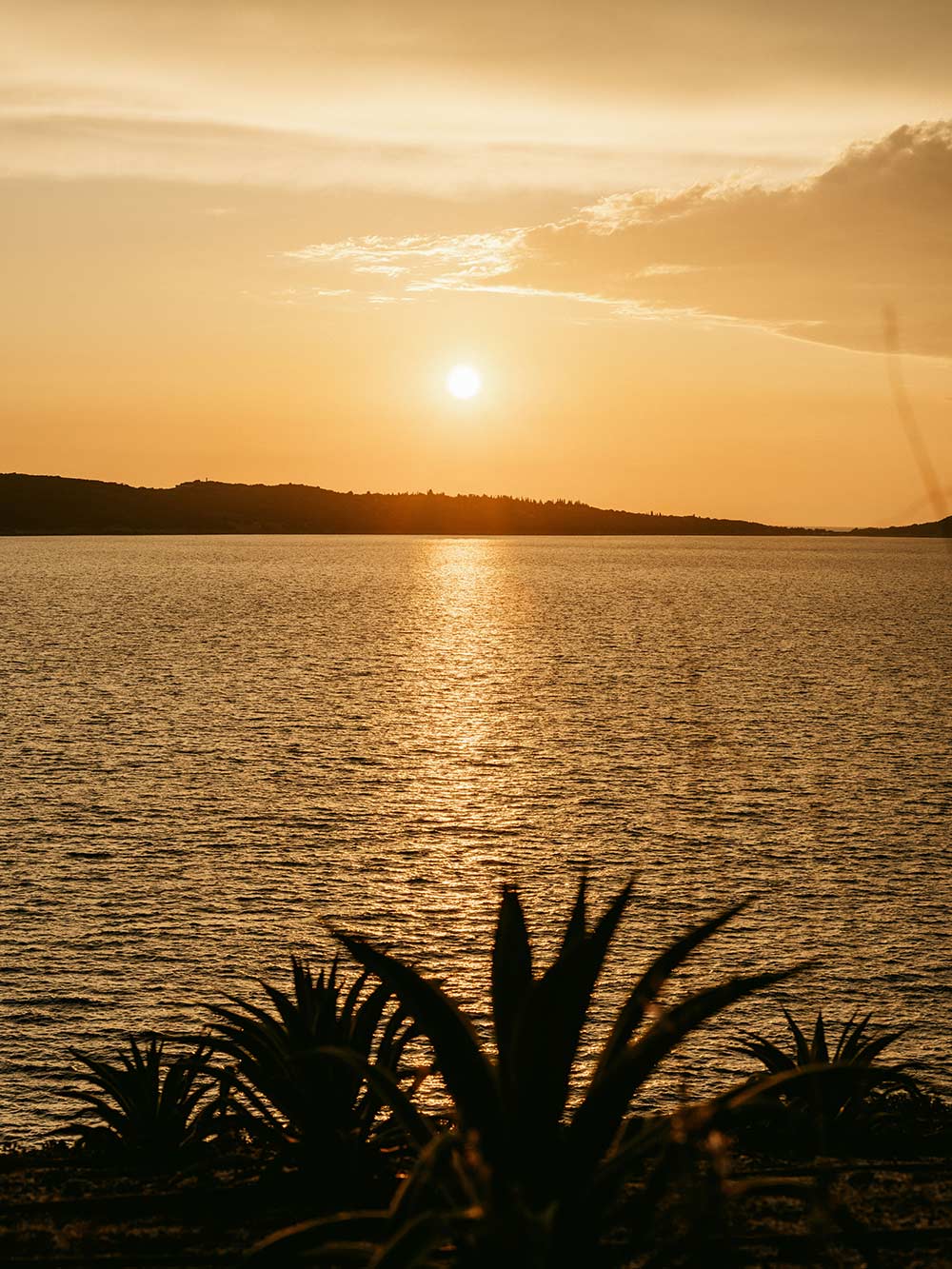
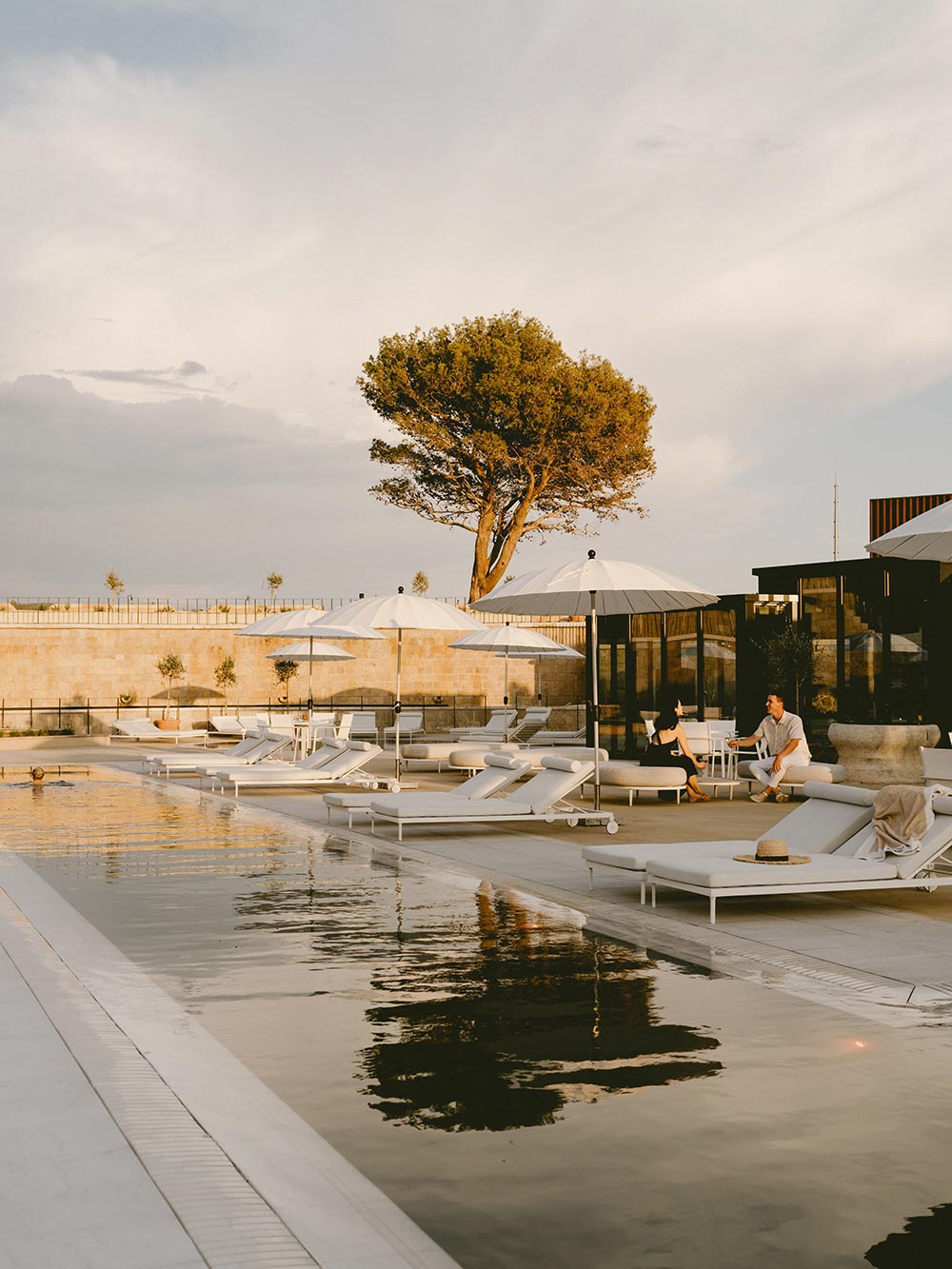
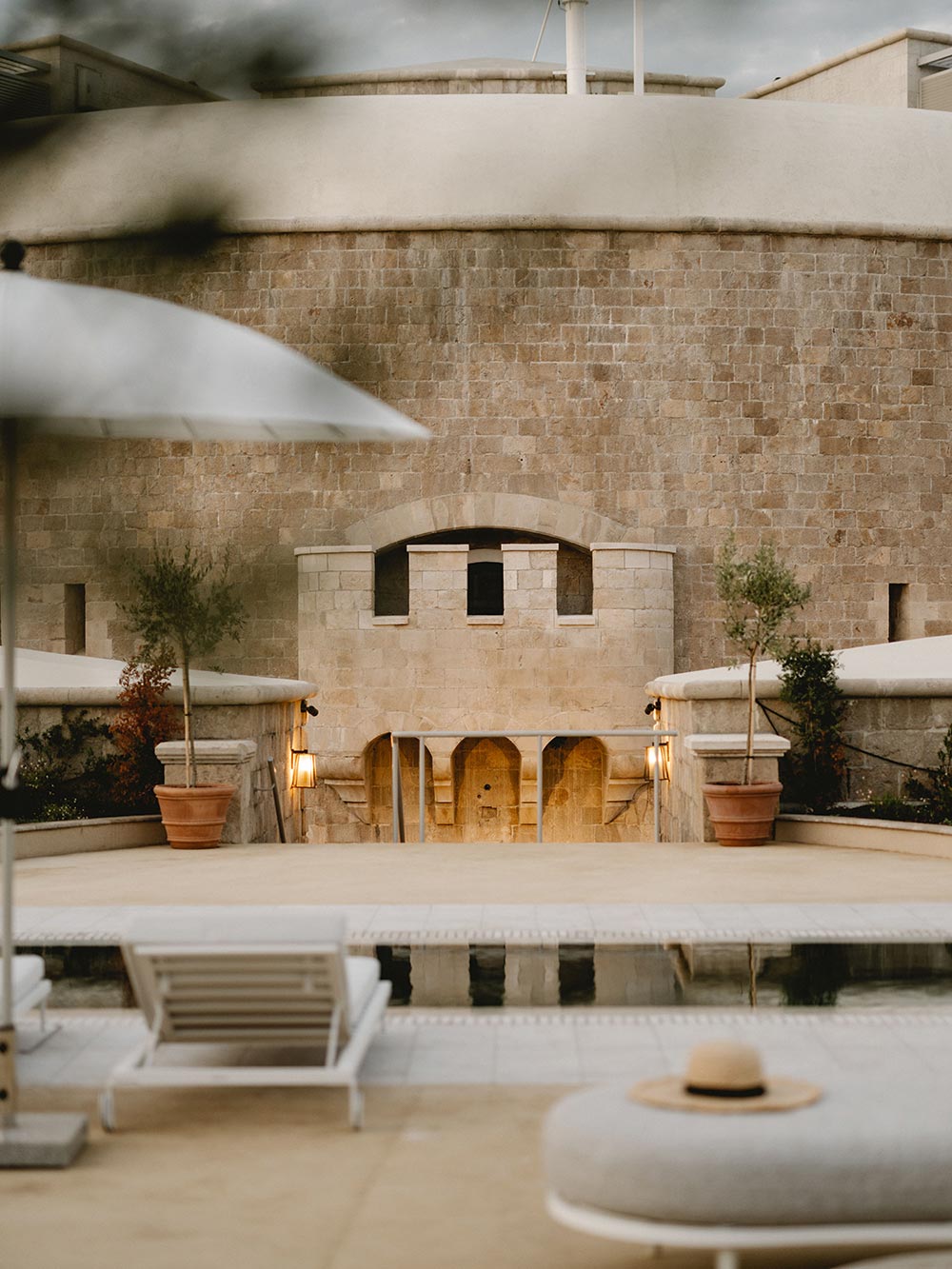
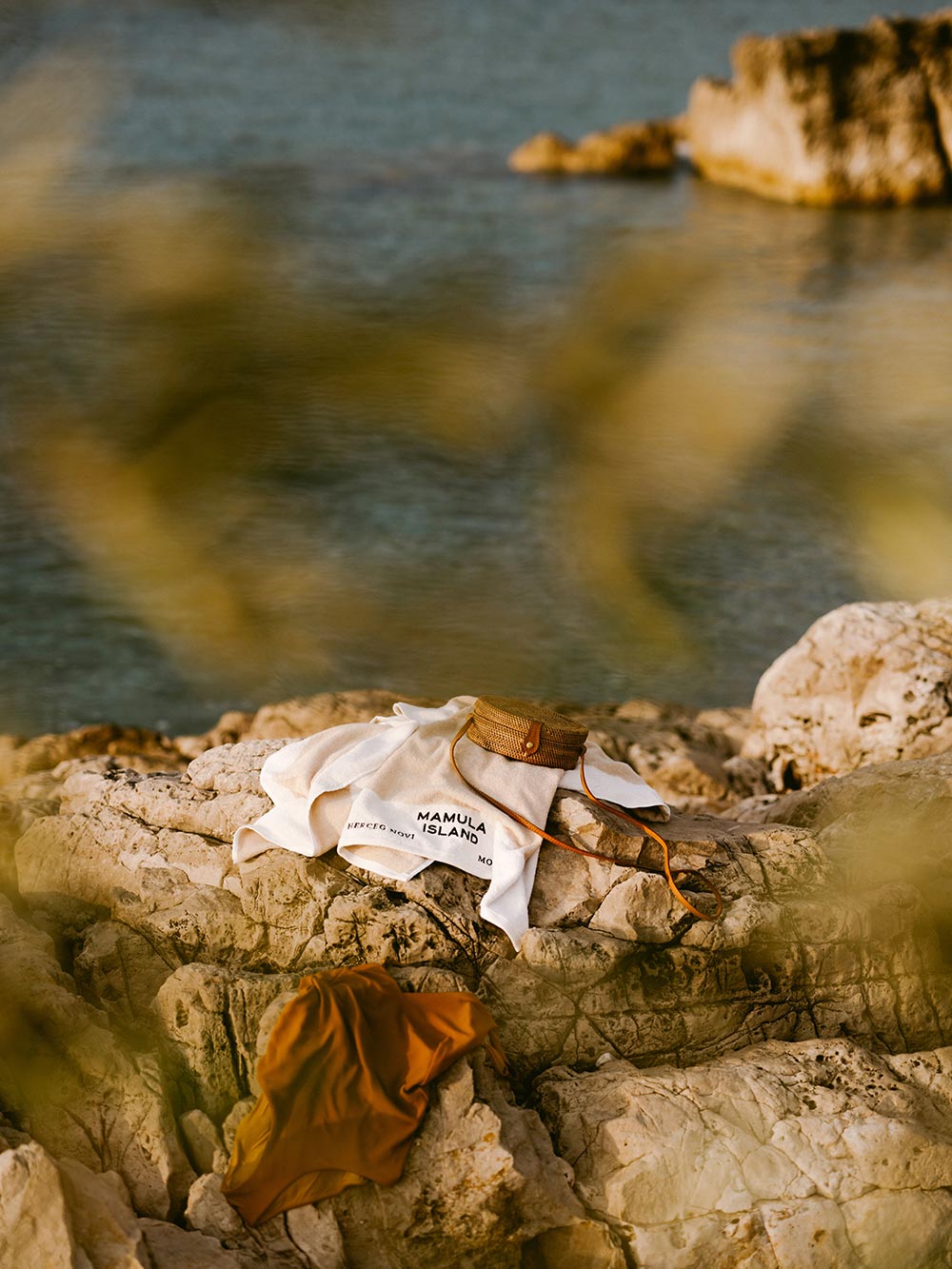
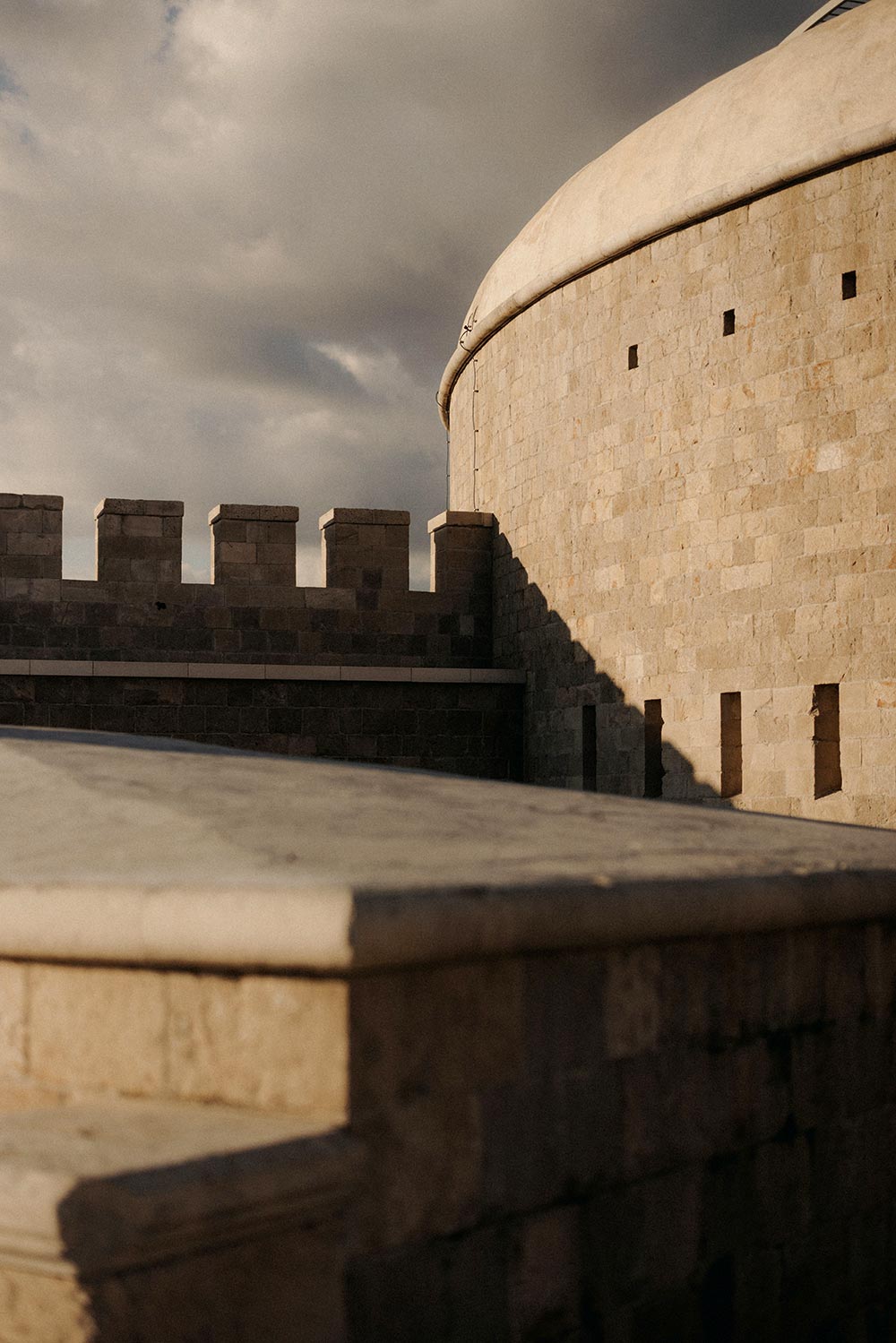
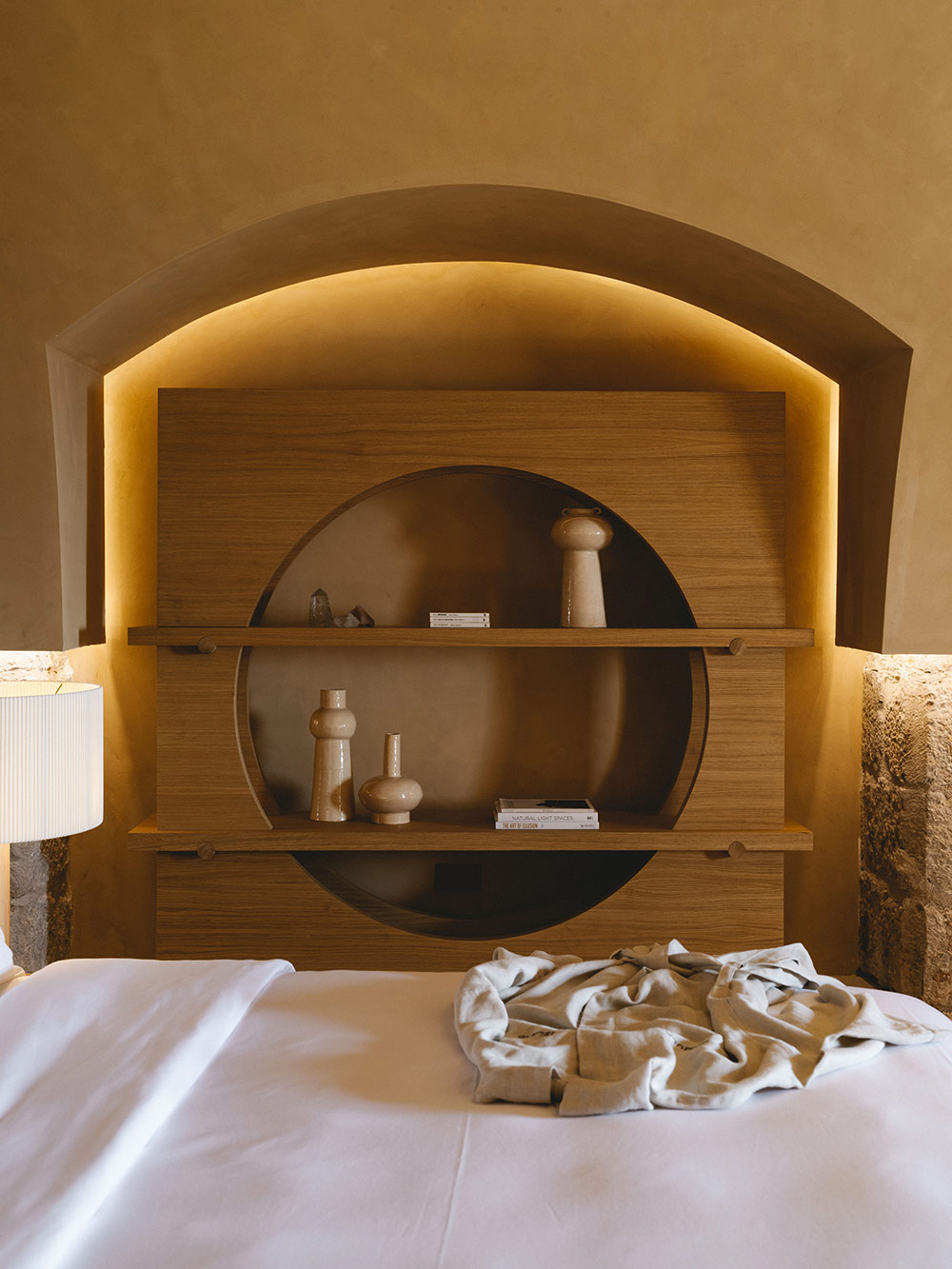
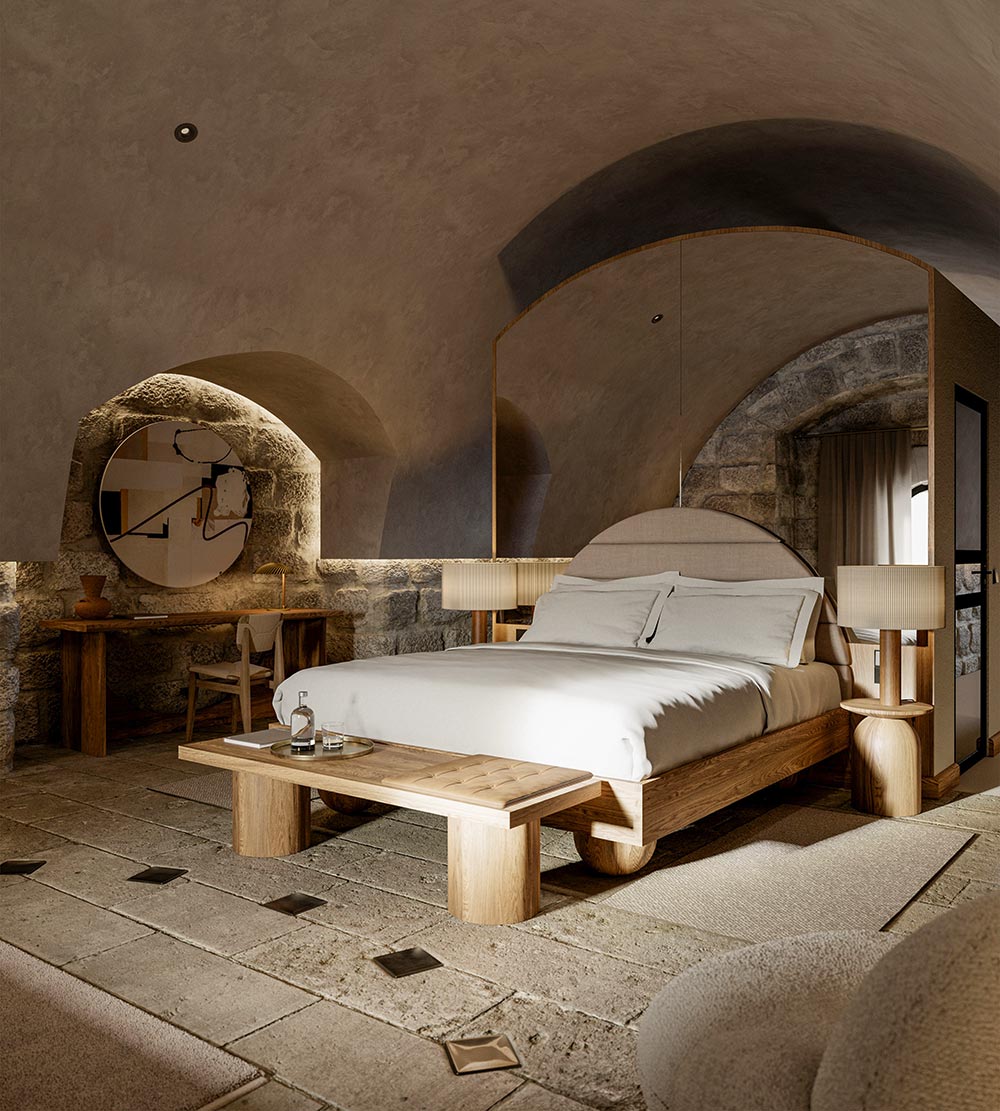
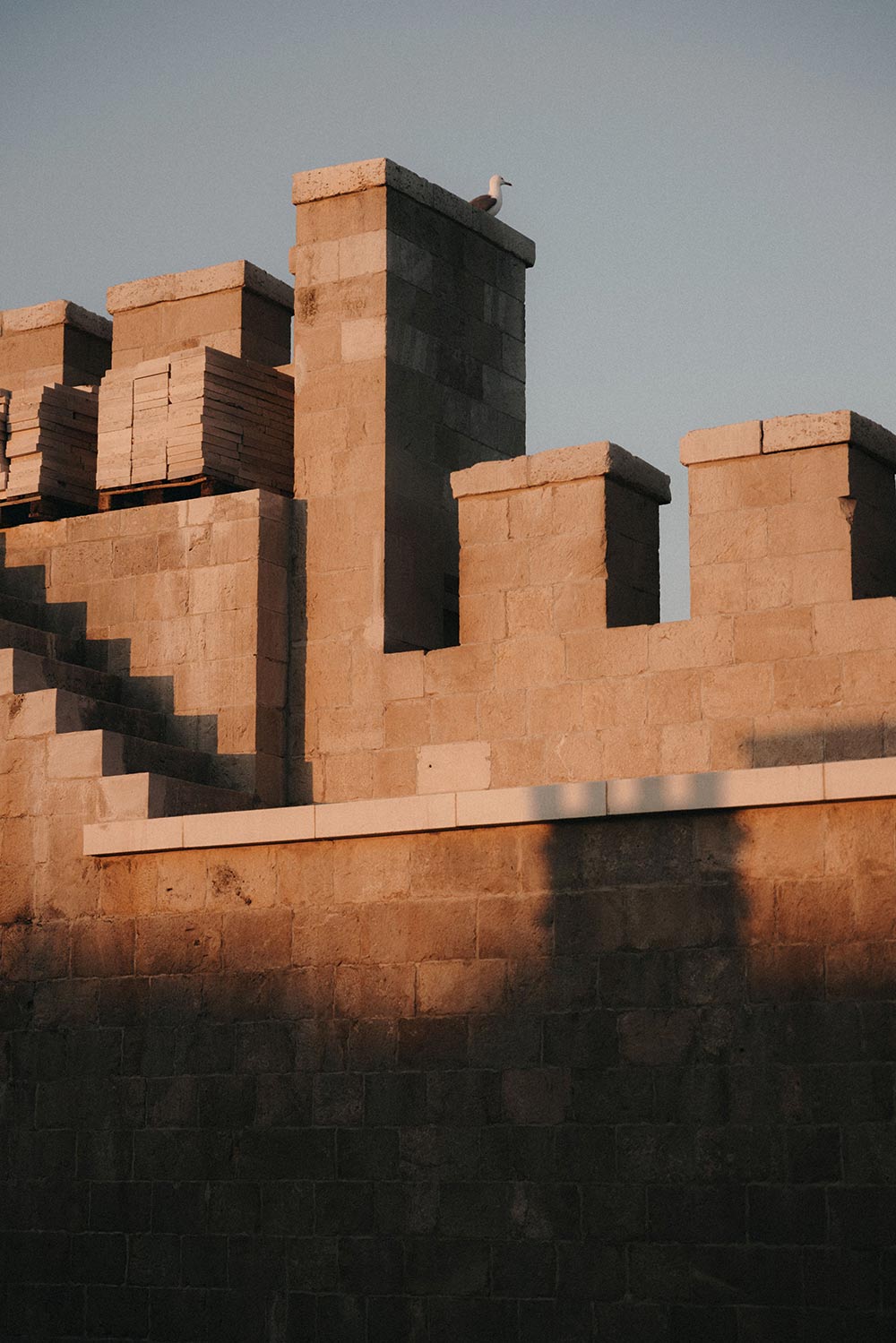
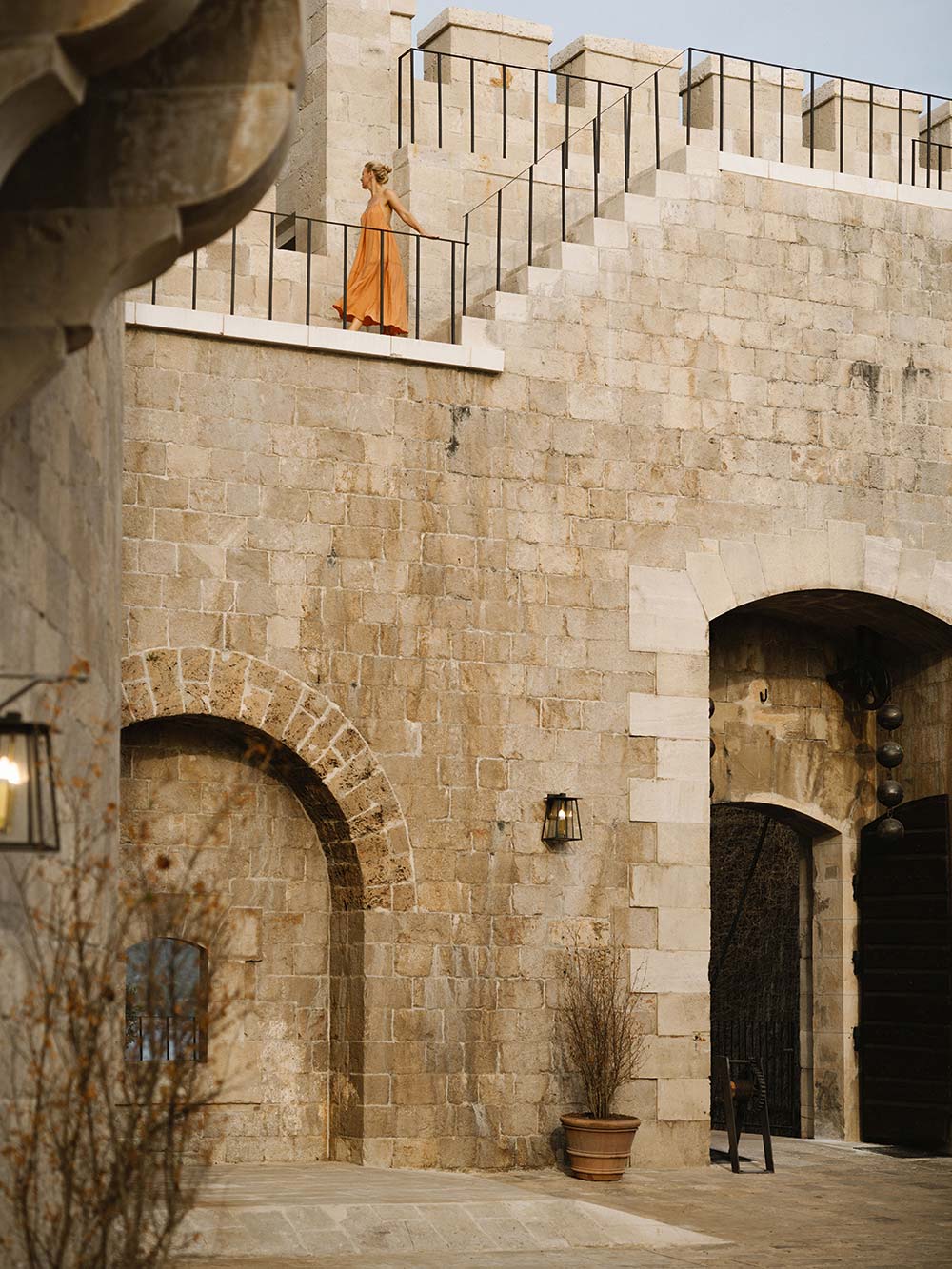
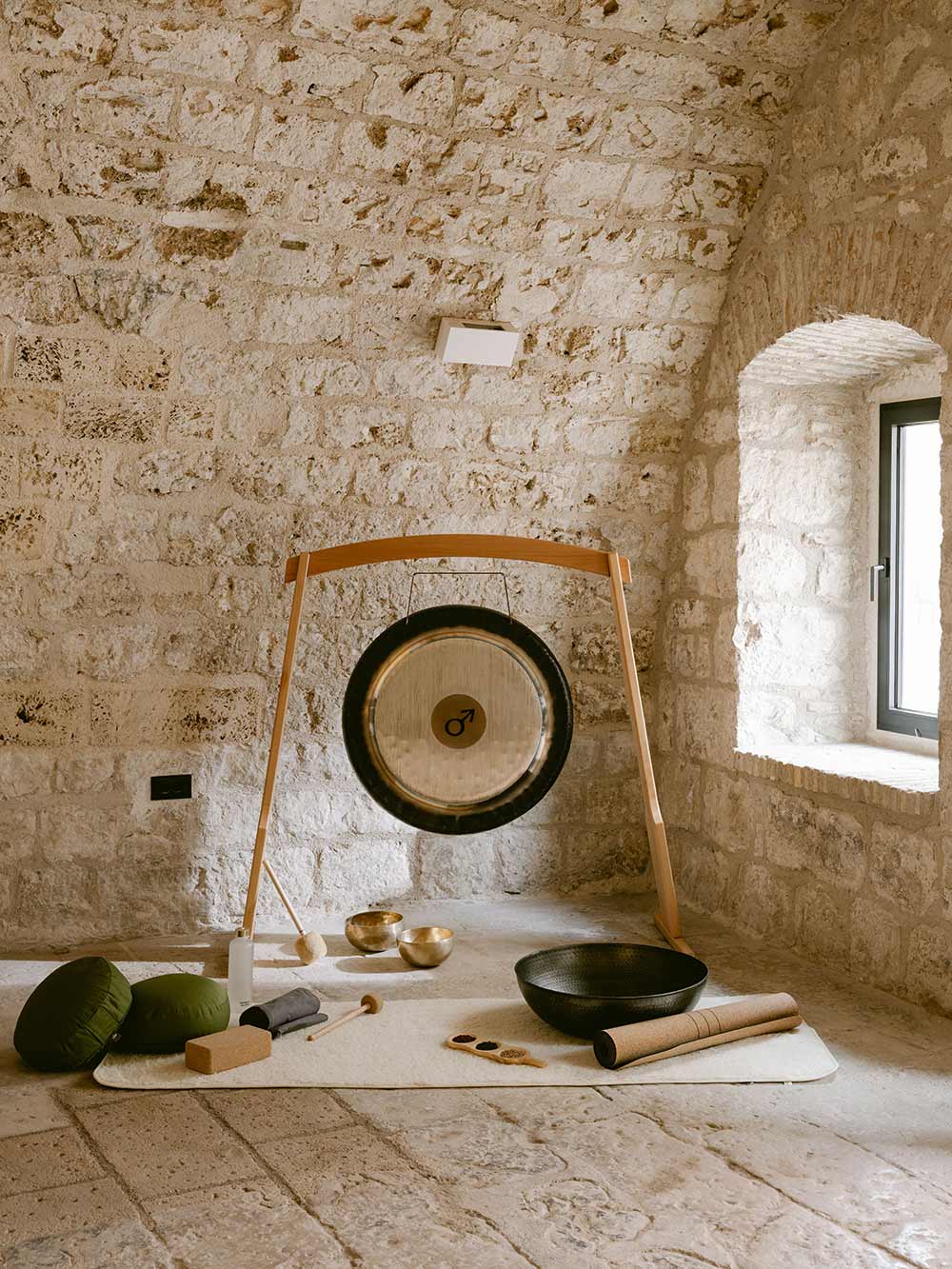
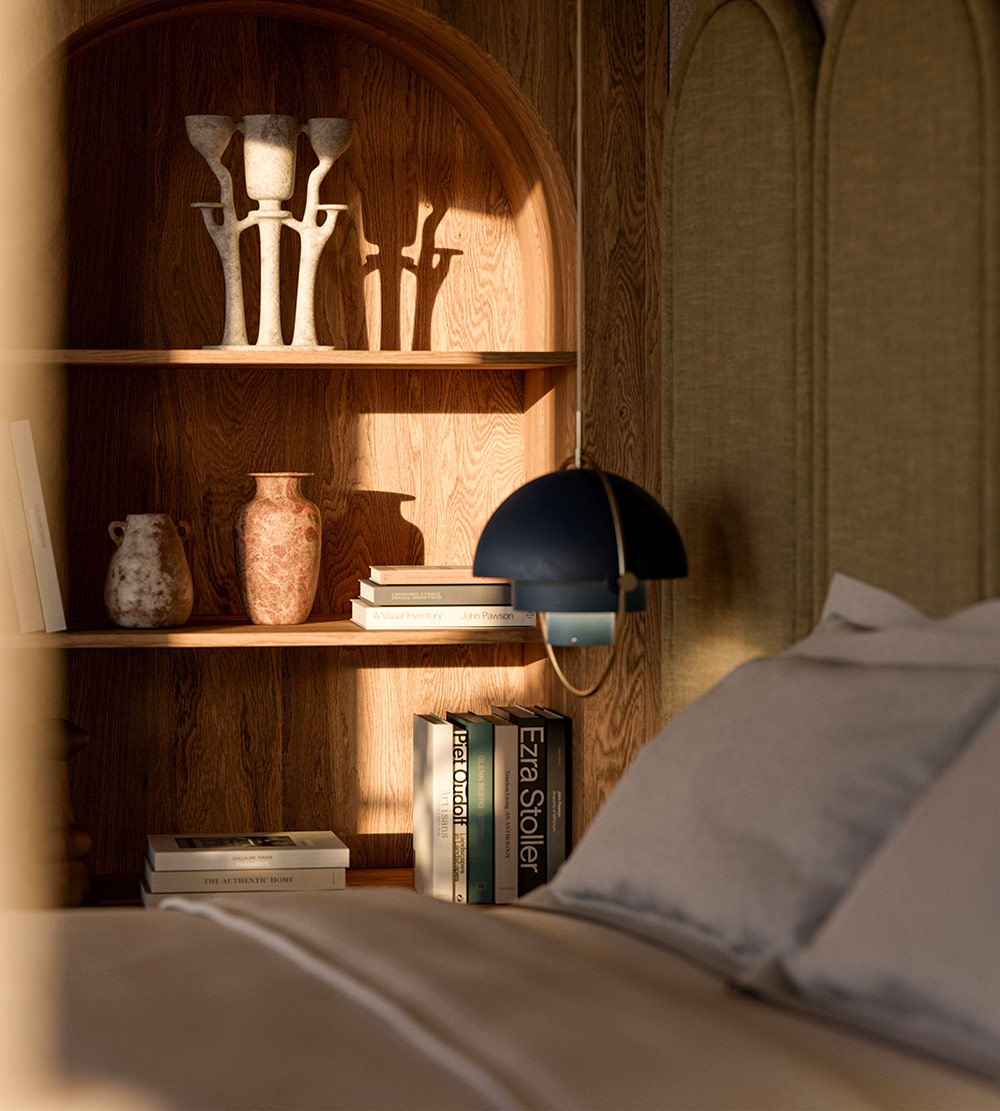
Mamula Island
Mamula Island is located in the Bay of Kotor off the coast of Montenegro, where the sky meets the water. The new boutique gem has a lot to live up to, as its walls used to offer protection as a fort and prison. Surrounded by the blue of the Adriatic Sea, you can relax wonderfully in one of 32 rooms on the UNESCO-protected grounds amidst minimalist design. Natural stone, oak wood and brass celebrate naturalness and at the same time pay tribute to the materials that have a long tradition in Montenegro. If the view of the horizon, the sailing birds and the swaying waves are not enough, you can find distraction in the spa, on the beach, in one of three pools, three restaurants and four bars. mamulaisland.com
